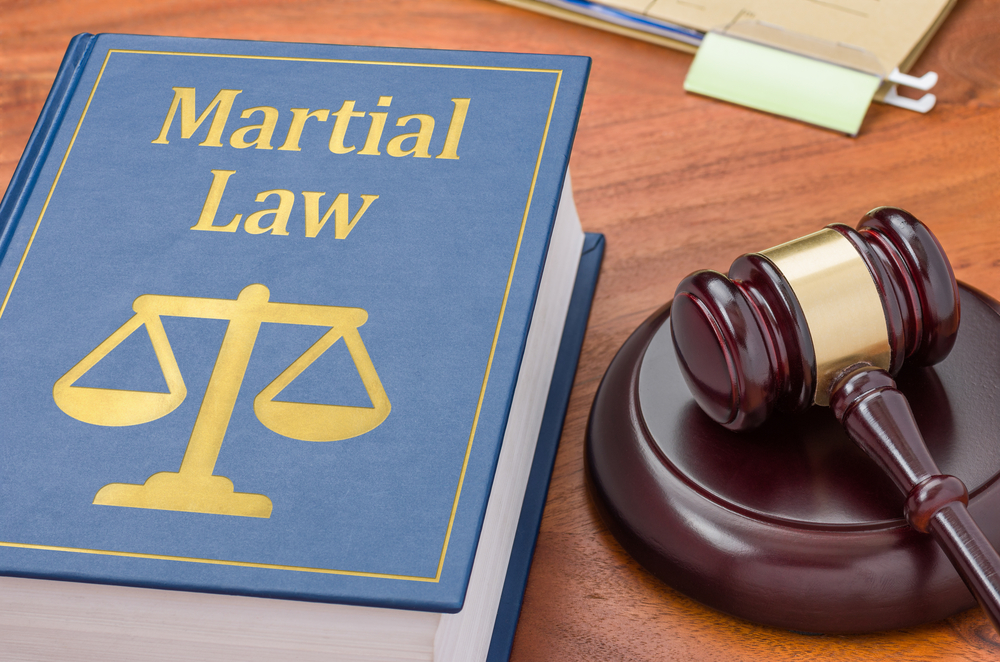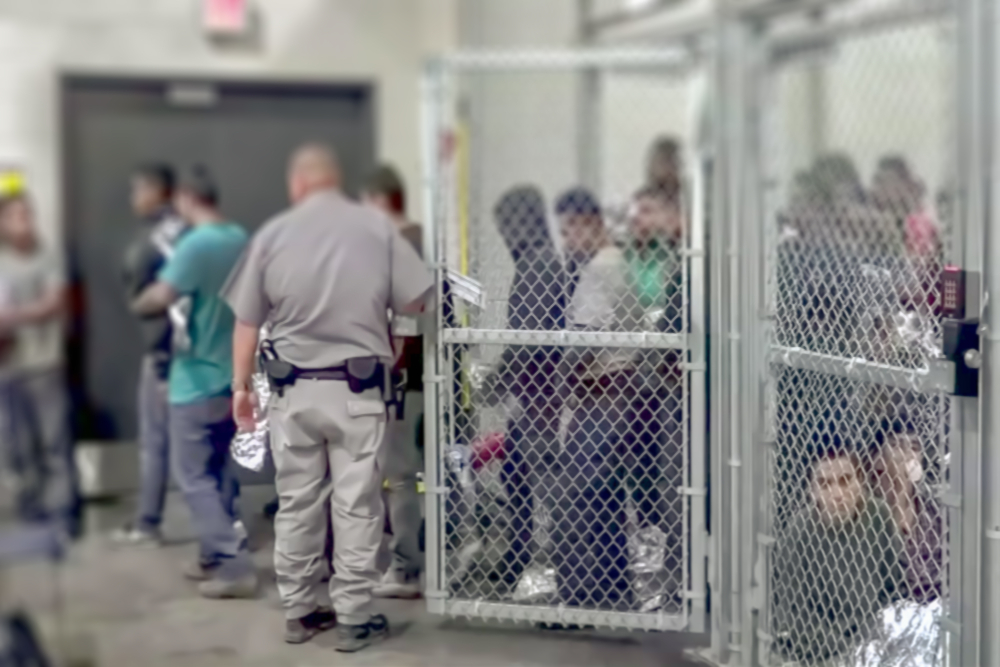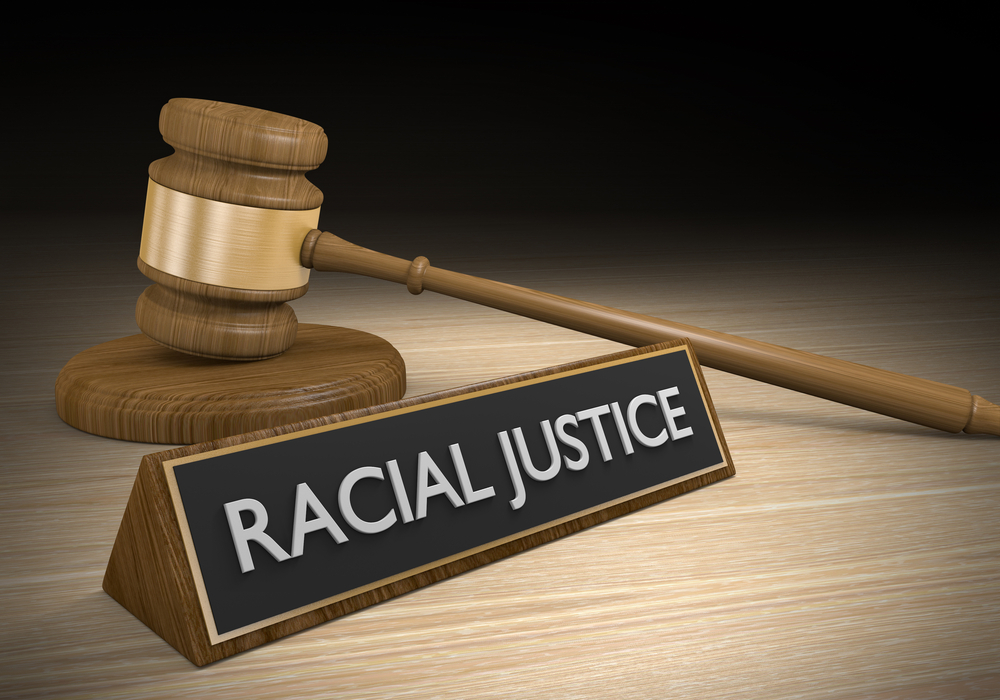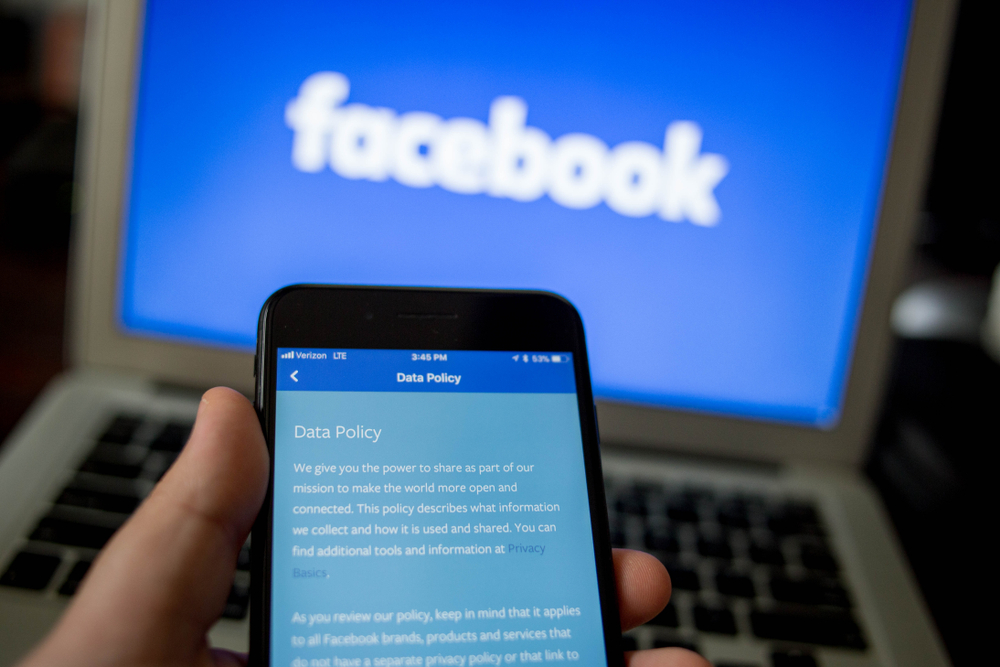Martial Law, until recent years, was a concept for military intervention most Americans only thought of in relation to war – World War II, when it was declared in Hawaii after the Japanese attack on Pearl Harbor.
In these politically divisive times, however, the term has made its way into newspaper headlines, into Facebook and Twitter posts and even the nightly broadcast news.
Most recently the term made headlines when former self-proclaimed dirty trickster Roger Stone, a former campaign advisor to President Donald Trump, suggested that if Trump loses the election in November, he should invoke martial law.

“It would be entirely unprecedented and an outrageous abuse of authority,” said William Banks, a Syracuse University College of Law Board of Advisors distinguished professor and emeritus professor at the College of Law and the Maxwell School as professor of public administration and international affairs. “There is absolutely no history or law to justify it.”
RELATED: Ginsburg leaves legacy of fighting for equality
RELATED: Voting safety a concern as November looms large
Banks consulted with the Brennan Center for Justice recently on its new report on martial law, which calls the edict confusing at best and certainly misunderstood by most.
“This report aims to clear up the confusion that surrounds martial law. To do so, it draws on recent legal scholarship, the few rules that can be gleaned from Supreme Court precedent, and general principles of constitutional law. It concludes that under current law, the president lacks any authority to declare martial law,” the report says. “Congress might be able to authorize a presidential declaration of martial law, but this has not been conclusively decided. State officials do have the power to declare martial law, but their actions under the declaration must abide by the U.S. Constitution and are subject to review in federal court.”
Still, there are many unanswered questions surrounding martial law and when it can be used. And many of those questions cannot be answered due to “sparse and confusing legal precedent,” the report states.
“Moreover, although lacking authority to replace civilian authorities with federal troops, the president has ample authority under current law to deploy troops to assist civilian law enforcement.” Trump took that step recently when he sent federal troops to Portland, OR, saying he was sending them to protect federal property. That was not martial law, nor did the president call it martial law.
“Until Congress and state legislatures enact stricter and better-defined limits, the exact scope of martial law will remain unsettled, and the president’s ability to order domestic troop deployments short of martial law will be dangerously broad,” the Brennan report states.

When martial law was declared by the territorial governor of Hawaii during World War II it was under very specific circumstances, said David Glazier, a Loyola University law professor who served 21 years in the U.S. Navy as a surface warfare officer.
“The situation in Hawaii was very unique in that Hawaii was a territory at the time,” he said. “As a territory, A, there can be a lesser set of Constitutional protections and B, Congress had specifically enacted a statute on governing Hawaii and it specifically provided for martial law during times of emergency. The territorial governor implemented martial law as specifically authorized. That is the only time martial law has ever been specifically authorized by the federal government of the U.S.”
Glazier said he is also of the opinion that the president has no authority to enact martial law.
“I actually think it is very simple and very obvious, but I am in the minority that thinks the U.S. government is a government of enumerated powers and the Constitution spells out what can be done. It doesn’t talk about martial law, because the federal government doesn’t have the power to implement martial law. Most people take it for granted that the government does have the authority.”
Banks called the rules governing martial law “up in the air in one sense because it is not based in law.” He has written extensively on the subject.
“Martial aw is the absence of law,” Banks said. “It is not in the Constitution and not spoken about in law. It came from history, from historical examples of military officials simply proclaiming martial law and taking control by force.”
That is what happened in Hawaii after the Pearl Harbor attack when the state’s governor declared martial law and it remained in effect for nearly two years, beginning in 1942. The military became the law of the land, making arrests for everything from fraud to shoplifting, even handling parking grievances. Even at that, the Supreme Court later overturned convictions saying martial law went on too long, even when local courts were available for court cases.
It has been declared sporadically over the years, but usually by state or local officials, Banks said. “History in the modern era is very scant.”
The Constitution’s framers provided for emergencies in the Constitution and they also gave Congress authority to legislate for emergency conditions, he said. “Remember Trump threatening to invoke the Insurrection Act? It is not martial law, but a statutory mechanism that allows him to deploy the military if all hell breaks loose.”
The bottom line, Glazier said, is that the president does not have police powers. Those are powers for the states which could allow them to implement martial law.
“The states are considered to have broad police powers and so it would seem that state governors might have more extensive authority to impose martial law and if you really find a detailed history in the U.S., it identifies from the late 1800s and early 1900s where governors called out the National Guard. There may well be a greater authority at the state level because they have police powers.”
At one point, Banks said, the Department of Defense tried to describe what martial law is and actually had a regulation that described what it might consist of, but that was removed from public view in 2008 with no explanation.
“It said its use was dependent on public necessity. Necessity gives rise to its creation; necessity justifies its exercise and necessity limits its duration.” He said he never did find an explanation of why the regulation was removed from public view. “So, whether there are currently military rules that pertain to martial law, we just don’t know.”
Banks is the co-author of Constitutional Law: Structure and Rights in Our Federal System with Rod Smolla and Soldiers on the Home Front: The Domestic Role of the American Military with Stephen Dycus.
In fact, Glazier said, because the military takes an oath to support and defend the Constitution against all enemies foreign and domestic, a president declining to accept the results of a democratically held election and unilaterally imposing martial law would be considered an enemy of the Constitution. The military would have an obligation not to obey those orders.”
Martial law allows for suspension of habeas corpus, or the right of a person charged with a crime to be brought before a judge to secure his or her release unless lawful grounds show the person should be detained.
In Article I, Section 9 of the Constitution, it states that the habeas corpus shall not be suspended unless in cases of rebellion or invasion, when public safety requires it, Glazier said.
“There are two very, very important points to be taken from that language,’’ he said. “The first is that obviously it can only be done in very dire situations. There has to be an open rebellion or a foreign invasion to justify suspension of habeas corpus. It cannot be the dispute of the outcome of an election. Secondly, this is found in Article I and that describes the duties of Congress. It requires an act of Congress to suspend habeas corpus.”
That, he said, makes it easy to demonstrate that a U.S president does not have the legal authority to invoke martial law, or it would have been written in Article 2 of the Constitution.














